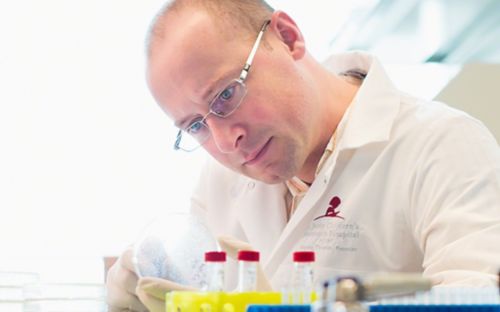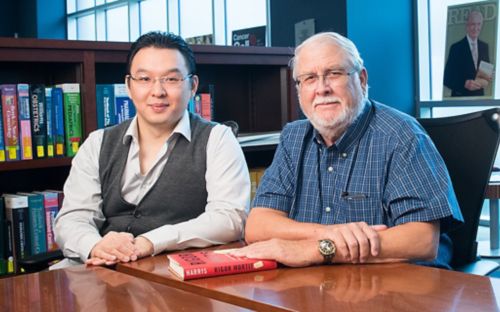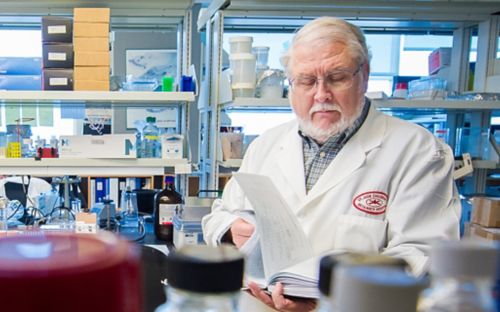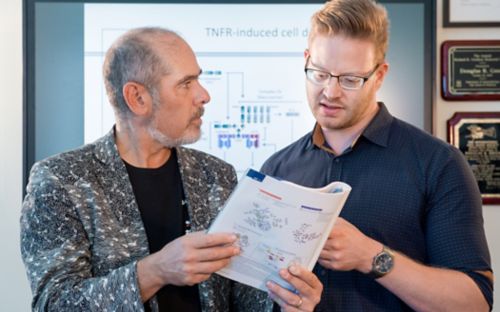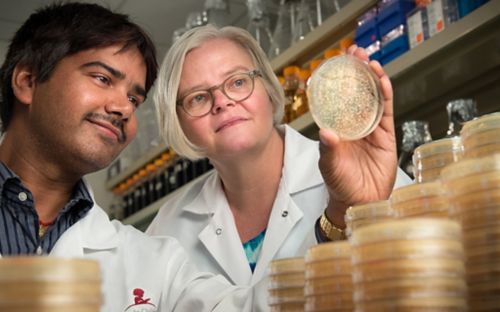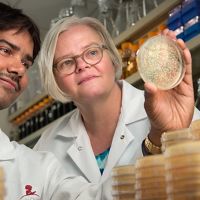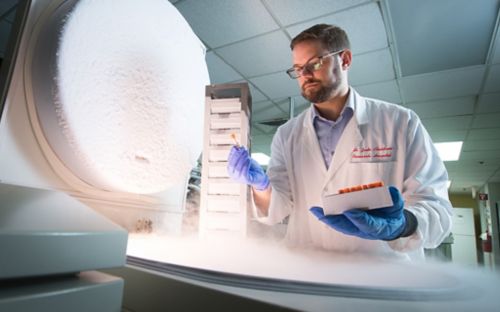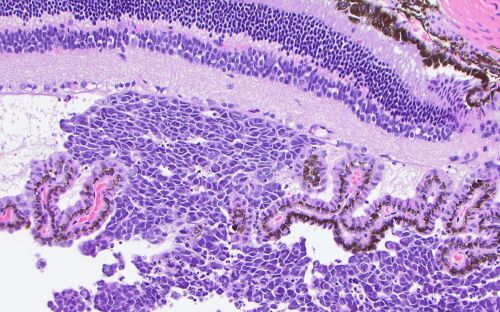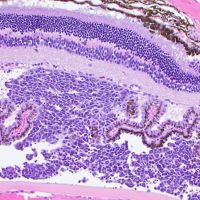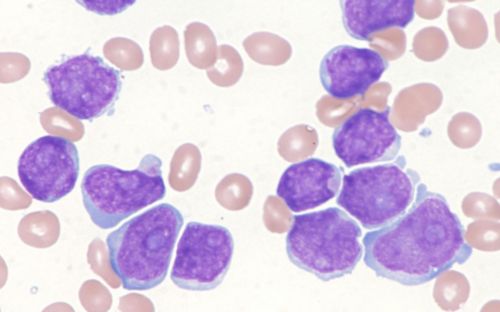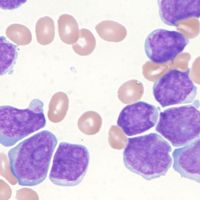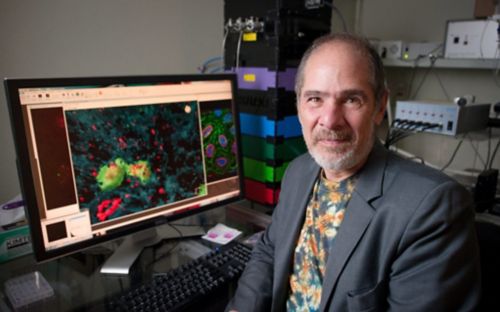St. Jude Family of Websites
Explore our cutting edge research, world-class patient care, career opportunities and more.
St. Jude Children's Research Hospital Home

- Fundraising
St. Jude Family of Websites
Explore our cutting edge research, world-class patient care, career opportunities and more.
St. Jude Children's Research Hospital Home

- Fundraising
Research
Learn about published research as well as leading-edge basic and translational research initiatives from St. Jude laboratories.
Supercharging T cells to fight cancer
St. Jude researchers are combining therapeutic methods that induce epigenetic reprogramming with immune checkpoint blockade to enhance cancer treatments.
A researcher’s look at Rigor Mortis: Are motivators and incentives to find a cure hurting scientific research?
St. Jude researchers take a look at Rigor Mortis, Richard Harris’ exposé of how the drive to find results hampers scientific progress.
Understanding fatty acids as signaling molecules for virulence factor production
Fatty acids are critical in destructive capacity of bacterial infections. Learn more.
Apoptosis or necroptosis? The caspase-8 protein decides
Programmed cell death can affect immune response to diseases such as cancer. Learn how caspase-8 chooses cell death and how that decision can be stopped.
Secrets of aggressive, deadly cancers revealed in African yeast
Learn how a deadly pediatric cancer mutates a protein to cause a series of cellular malfunctions.
Experimental cancer drug shows early promise against flu
The flu hijacks upper lung cells and turns them into flu factories. Read how an experimental cancer drug targets the flu’s fuel and shuts the factory down.
Inheriting cancer: Leading the conversation about increased genetic risk
Read how experts came together to create surveillance recommendations for children and young adults with hereditary conditions that predispose them to cancer.
Childhood Solid Tumor Network shares samples, promotes cures
The CSTN provides the world’s largest collection of pediatric cancerous tumors for research into novel treatments. Find out more about available resources.
New CAR T-Cell therapy for pediatric ALL approved, more to come
The FDA has approved Kymriah, the first CAR T-cell therapy for acute lymphoblastic leukemia. Find out how St. Jude is planning to use this novel treatment.
Cell necroptosis: Can ESCRT-III proteins protect cells from the kill switch?
Find out how a newly discovered protein can give your body’s doomed cells a second chance at life.
